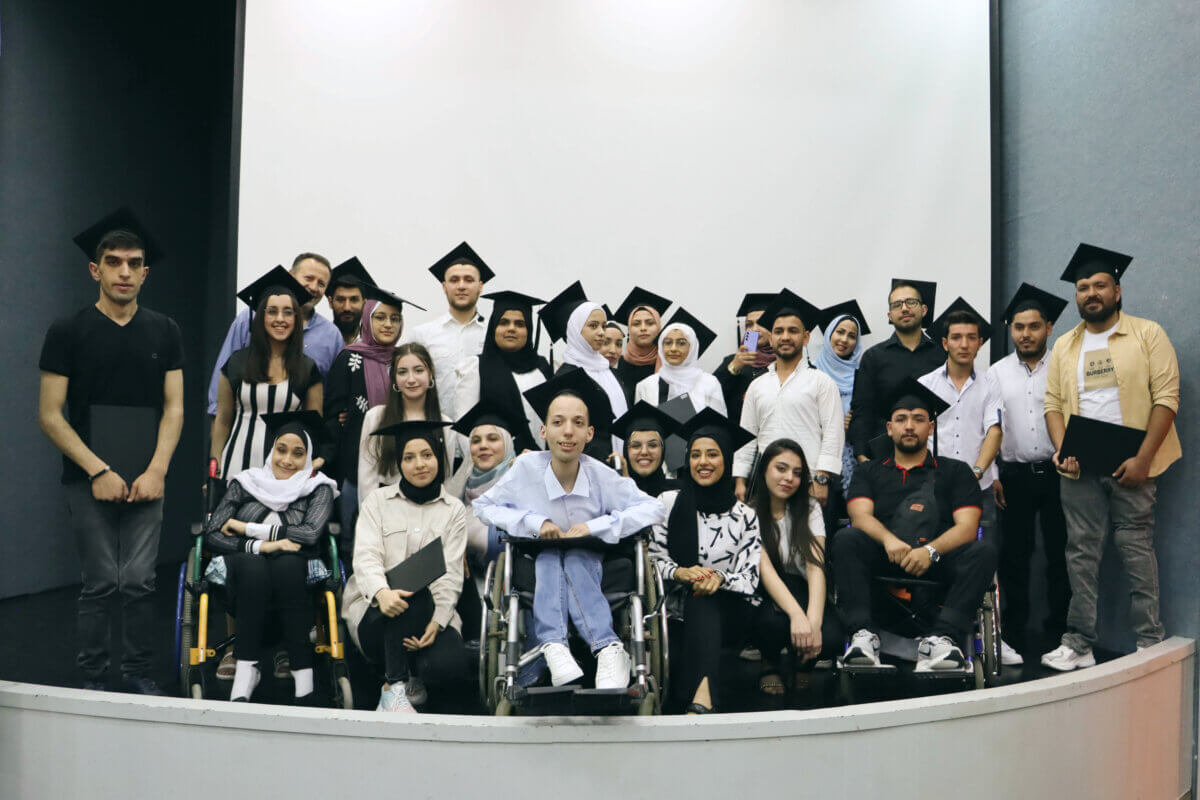HRM is the organisational function that deals with issues related to people such as compensation, hiring, performance management, organisation development, safety, wellness, benefits, employee motivation, communication, administration and training. HRM is also a strategic and comprehensive approach to managing people and the workplace culture and environment. Effective HRM enables employees to contribute effectively and productively to the overall company direction and to the accomplishment of the organisation’s goals and objectives.
HRM is a product of the human relations movement of the early 20th century, when researchers began documenting ways of creating business value through the strategic management of the workforce. The function was initially dominated by transactional work, such as payroll and benefits administration, but due to globalisation, company consolidation, technological advances, and further research, today HRM focuses on strategic initiatives like mergers and acquisitions, talent management, succession planning, industrial and labour relations and diversity and inclusion.
In the current work environment, most companies focus on lowering employee turnover and retaining the talent and knowledge held by their workforce. New hiring not only entails a high cost but also increases the risk of a newcomer not being able to replace the person who was previously working in that position.
Areas of expertise
Our experts can provide advice and assistance in: Staff selection, recruitment, performance evaluation, improvement, consultancy firm management, firm operations, legal structure and firm strategies.
Job descriptions
Job description is a document listing the tasks, duties and responsibilities of a specific job. Having an up-to-date, accurate and professionally written job description is critical to an organisation’s ability to attract qualified candidates, orient & train employees, establish job performance standards, develop compensation programmes, conduct performance reviews, set goals and meet legal requirements.
Recruitment
Refers to the overall process of attracting, selecting and appointing suitable candidates for jobs (either permanent or temporary) within an organisation. Recruitment can also refer to the processes involved in choosing individuals for unpaid positions, such as voluntary roles or unpaid trainee roles. Managers, human resource generalists and recruitment specialists may be tasked with carrying out recruitment, but in some cases, public sector employment agencies, commercial recruitment agencies or specialist search consultancies are used to undertake parts of the process. Internet-based technologies to support all aspects of recruitment have become widespread.
Job coaching
In training or development during which a coach supports in achieving a specific personal or professional goal. The learner is sometimes called a coachee. Occasionally, coaching may mean an informal relationship between two people, one of whom has more experience and expertise than the other and offers advice and guidance as the latter learns; however, coaching differs from mentoring as it focuses on specific tasks or objectives, as opposed to general goals or overall development.
Client examples
Quality improvement
The company advised by PUM was the biggest tourist organisation in its country. It had a lot of growth opportunities. The management wanted to improve the quality and performance of the company. The expert started the project by training the supervisory staff in leadership development. The expert collaborated on implementing a structural plan for Senior Management on issues concerning HRM and training.
New HRM policy and procedures
A consultancy firm was in need of expertise and know-how in the field of Human Resource Management. A tyre company had plans to expand. It wanted to modernise the management structure and introduce new HRM policies and procedures. The consultancy firm worked for the tyre company on recruitment/ selection, customer satisfaction and surveys. The consultancy company wanted to develop to become an HRM consultant in order to support and guide the tyre company. To build up the necessary skills and know-how for such a consultancy, a PUM expert with the necessary expertise advised the consultancy firm and supported the tyre company in the process as well. The consultancy company became an experienced HRM consultant for other companies too. The expert developed HRM policy and procedures, which needed to be implemented in the tyre company within an agreed timetable. Both companies fully agreed with the proposals of the PUM expert and began implementation according to the timetable.
A marketing and sales strategy
A company asked an expert for advice in the area of Human Resource Development and Marketing. The focus of this project was to improve the Marketing and Sales department and train staff concerning knowledge and experience in increasing the demand for business consultancy. The PUM expert conducted a training course in the development of the staff. The company also needed advice on ways to increase the knowledge and experience of its staff to better match the growing demand for business consultancy in the market place. The company was facing a number of challenges and requested the PUM expert to focus on management performance, staff skill building, a strategy for the company, including succession planning, and strategies to fight price erosion. The recommendations appeared in a final report and were discussed with the management and staff. The report included clearly defined action points to support the future development of the company. A considerable number of action points focused on the improvement of the marketing and sales activities of the company.
Leadership training
The expert visited a factory developing children’s clothing. He gave advice on HRM and suggested elevating the working skills of the supervisors to a higher level. The expert also gave advice on leadership issues. He described the responsibilities of the employees. The expert taught the employees about the importance of responsibility. The management did not know how to delegate and was instructed on how to do that.
Professional people for positive impact
Looking to grow your business or organisation sustainably and build a brighter future for your community? Contact one of our representatives in your country for criteria, more information and guidance on the application process.





